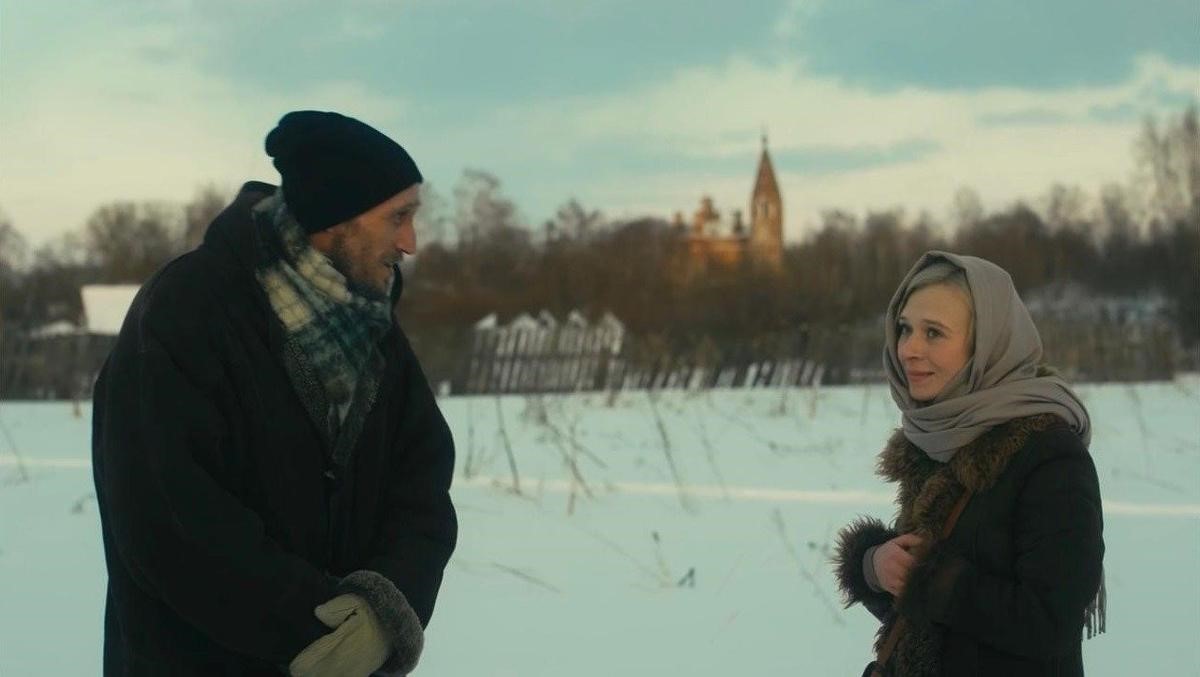Moscow's cinema of Angels
At the Moskovskaya Premiera Film Festival, the work of young director Eduard Žolnin, entitled Angelus, offers a metaphysical reinterpretation of small everyday things that recalls the great masterpieces of Andrei Tarkovsky.
Moscow (AsiaNews) - The V Moskovskaja Premiera Film Festival was held in Moscow from 24 to 29 November, open to the countries of the Commonwealth of Independent States, an initiative held for the first time in 2003 and which today takes on even greater significance more symbolic in the context of the political and cultural repositioning of the "Russian world". In previous editions, films shot in Azerbaijan, Armenia, Kazakhstan, Kyrgyzstan, Russia, Tajikistan and Uzbekistan were awarded; in total, 80 films from 14 countries were screened.
The average age of the participating directors is around 40, even less for short films, and among them there are many debutants. Among the films presented in this edition, the work of one of the young directors, Eduard Žolnin, entitled Angelus, which was taken directly from the painting of the same name by Jean-François Millet, created in 1858-1859 and preserved in the Museum, made a particular impression. d'Orsay in Paris, with the image of two peasants bowing to the sound of the Marian prayer bells.
In Žolnin's film, the spiritual distance from the tensions of the present time, from wars and ideological proclamations of all kinds is impressive, to represent the beauty of the Russian province without wanting to contrast it with the hell of the metropolis.
Rather, what is presented is a comparison between spirituality and artificial "culture", between authenticity and extraneousness, in a context of quiet covered in snow and enlivened by the residual colors of country churches still semi-destroyed from Soviet times, and not completely restored due to their distance from the places of politics and commerce.
The protagonists, the girl Tanja and her father Maksim, live in a remote village where they celebrate the New Year by participating in the Orthodox service, where Tanja sings in the choir.
Life is enclosed in work in the fields and in prayers, Tanya has never been to the city, to Moscow or to other centers, nor abroad, and she has never seen the sea. She meets a young intellectual from the city who was left stranded after missing the train, Sergej, and together they travel through the places of the uncontaminated province.
He returns for New Year's Eve, and attends the service where the girl sings with great passion the hymn to the Savior "for which my flesh sighs since youth", and Sergei compares her to the Millet painting he recently admired.
Recalling various expressions of Russian culture, from the poems of Aleksandr Blok to the films of the "countryside" directors of the Soviet era, the film reflects the tragedies of Russia as in the background, through memories of the mother sheltered in the monastery, up to the letters of the father who reaches the Caucasus during the Chechen civil war.
In a work that presents itself without a thesis to defend, in short, we find an intonation that seemed lost in Russian cinema, in a bond between people that is not forced, but driven by daily existence, until we find the face in the darkness of God and the aspiration for the elusive mystery of life.
Žolnin had already presented another film last year, Zemun, in which he also expressed the journey on the limit between myth and reality, in a metaphysical rereading of the small everyday things that recalls the great cinema of Andrej Tarkovsky.
In the Angelus it is Tanja who explains to the city boy that the two characters in Millet's painting are not actually praying for a good potato harvest, but mourning their child who has just died, recalling the announcement to Mary of the birth of the Savior, a truth revealed to her in a dream.
Russian culture, looking at these images and others projected in the Festival, has not been completely destroyed in the vortex of conflicts and propaganda, but breathes under the blanket of snow of the land lost in its immense countryside, waiting for a new Angelus call divine.
10/05/2024 18:32
28/04/2021 11:59







.png)










